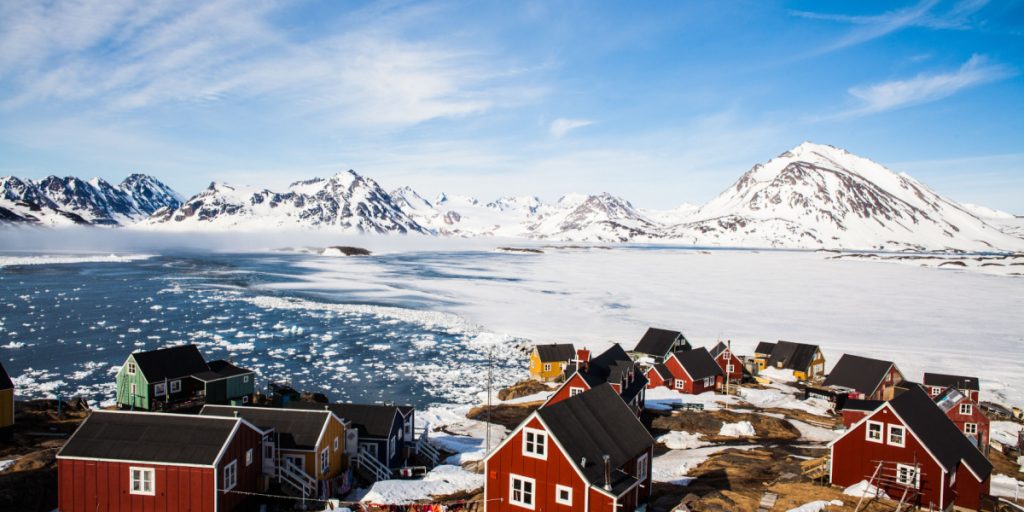Reports suggest that Russia has discovered a massive oil reserve
Others are reading now
The world’s dependence on fossil fuels has driven nations to explore remote regions for untapped energy sources.
While most oil production takes place in established fields, some countries have turned their attention to uncharted territories.
One of the most contested regions for future resource extraction is Antarctica, a continent protected by international treaties meant to preserve it for scientific research and environmental conservation.
Reports suggest that Russia has discovered a massive oil reserve beneath the frozen landscape of Antarctica.
Also read
Conducted Seismic Studies
The estimated 511 billion barrels of oil could be worth around $40 trillion, making it one of the most valuable untapped energy sources on the planet.
This revelation has sparked concerns among environmentalists and global leaders, as drilling in Antarctica would challenge the long-standing Antarctic Treaty, according to Ziare.
Signed in 1959, the treaty prohibits resource extraction and military activity on the continent, ensuring it remains dedicated to peaceful scientific exploration.
Over the decades, research stations have been established to study climate change, wildlife, and geological activity.
Despite these regulations, reports indicate that Russian scientists, backed by state-owned companies, have conducted seismic studies to assess the presence of oil beneath the ice.
Concerns grew in 2023 when the Russian vessel Akademik Alexander Karpinski was seen moving between Cape Town and Antarctica.
Environmental groups fear that the ship was engaged in oil exploration rather than purely scientific research.
The company RosGeo, which is connected to these operations, allegedly identified the reserves in a region sometimes referred to as the “British sector” of Antarctica.
This potential discovery could reshape global energy markets and geopolitical dynamics.
If Russia attempts to extract these resources, it may disrupt international agreements and provoke responses from other nations.
The presence of such vast reserves could also slow efforts to transition away from fossil fuels, further complicating global climate initiatives.
China has also increased its presence in Antarctica, establishing a fifth research base in the region.
As one of the largest consumers of hydrocarbons, Beijing may also seek a stake in Antarctic resources.
The strategic relationship between Russia and China suggests that discussions on resource extraction may already be underway.


